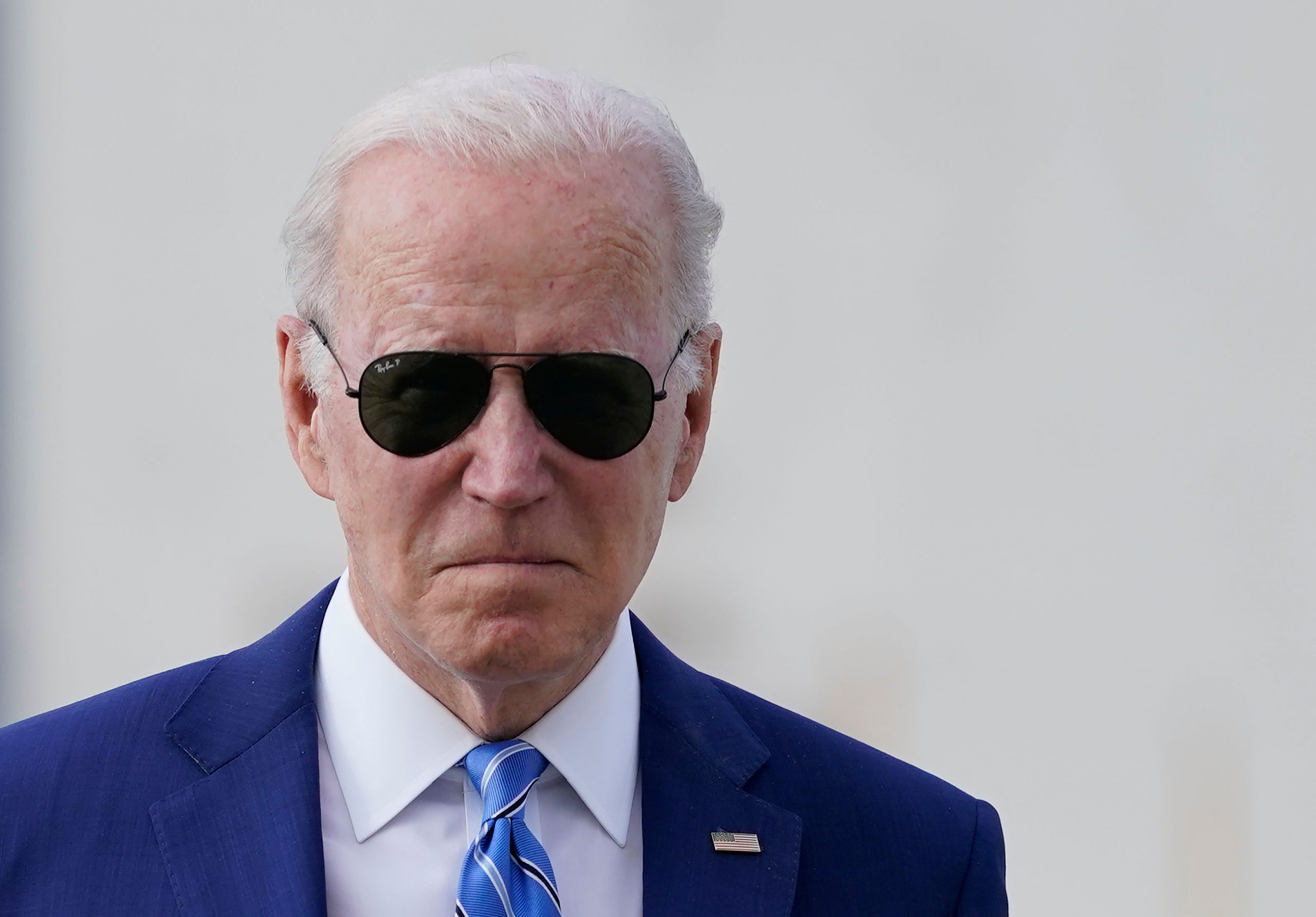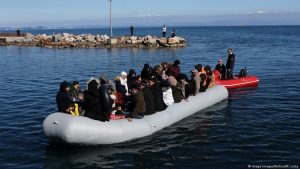The US launched its newest set of sanctions against Russia over its war in Ukraine on Wednesday, this time targeting a prominent commercial bank as well as “a global network of more than 40 individuals and entities led by US-designated Russian oligarch Konstantin Malofeyev.”
The US Treasury Department claimed in a news release that it was also targeting “companies operating in Russia’s virtual currency mining industry, reportedly the third-largest in the world,” noting that it was the first time it had “designated a virtual currency mining company.”
Also read: Russia tests nuclear-capable long-range missile, US says test was ‘routine’
Furthermore, in response to the Russian war and for “undermining democracy in Belarus,” the State Department is imposing a slew of visa restrictions.
The steps taken on Wednesday are the latest by the Biden administration to punish the Kremlin and its allies for invading Ukraine at the end of February. Hundreds of servicemen and civilians have been killed in the conflict, which US and European officials predict might last months.
According to a Treasury release from the time, Malofeyev was previously sanctioned in December 2014 for funding “separatist activities in eastern Ukraine” and for his close ties to “Aleksandr Borodai, Igor Girkin (a.k.a. Igot Strelkov), and the so-called Donetsk People’s Republic, which have all been previously sanctioned as Specially Designated Nationals (SDNs).”
Earlier this month, the US Department of Justice announced its first criminal accusations against Malofeyev since Russia’s war in Ukraine began, indicting him for sanctions evasion attempts.
Also read: Will Putin positions hold sway over French elections?
On Wednesday, the US sanctioned Malofeyev once more “for having acted or purported to act for or on behalf of, directly or indirectly,” the Russian government.
Members of Malofeyev’s “vast global network of cut-outs and proxies to attempt to evade sanctions and conduct malign influence activities,” including individuals active in pro-Kremlin propaganda, were also sanctioned by the Treasury Department. Russian entities, Moldovan entities, Singaporean entities, and a number of Russian individuals, including Malofeyev’s son, have all been sanctioned.
The Treasury Department also went after “Public Joint Stock Company Transkapitalbank (TKB)” and its subsidiary, as well as enterprises in Russia’s virtual currency mining industry, for being “at the heart of sanctions evasion.”
Also read: Russia-Ukraine crisis: War refugees top 5 million, 13 million still trapped
According to a press release released on Wednesday, “The United States is committed to ensuring that no asset, no matter how complex, becomes a mechanism for the Putin regime to offset the impact of sanctions.”
In a second statement Wednesday, US Secretary of State Antony Blinken said the State Department is placing visa restrictions on 635 Russians, including members of the Russian Duma and “ten purported ‘authorities’ of the so-called Donetsk People’s Republic and Luhansk People’s Republic.”
It also suspends visas for Russian officials Khusein Merlovich Khutaev, Nurid Denilbekovich Salamov, and Dzhabrail Alkhazurovich Akhmatov “for their involvement in a gross violation of human rights perpetrated against human rights defender Oyub Titiev.”
Also read: World No 2 Medvedev could be barred from Wimbledon: Report
Furthermore, the State Department is imposing visa restrictions on “17 individuals responsible for undermining democracy in Belarus,” according to Blinken.
“We will use every tool to promote accountability for human rights abuses and violations of international humanitarian law in Ukraine,” Blinken said.
According to Rachel Rizzo, a senior fellow at the Atlantic Council’s Europe Center, these penalties “are really meaningful,” noting that the US is “adding different Russian oligarchs, different Russian banks that perhaps weren’t in the first few rounds of sanctions.”
“They’ll continue to cripple the Russian economy even though Putin continues to paint a rosy picture of what the Russian economy looks like,” she said. “There’s no doubt that it should see a major contraction in the next year.”







